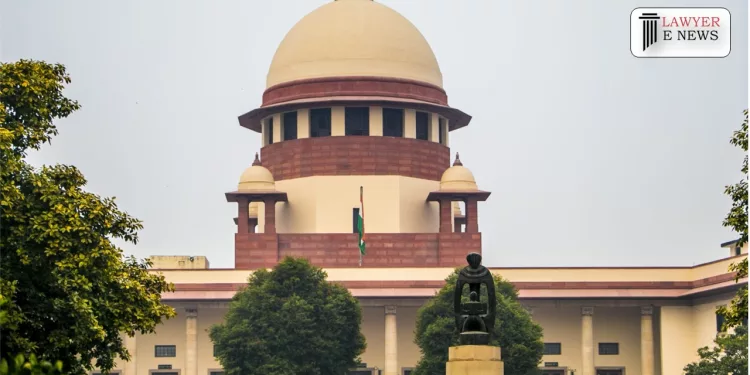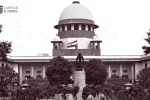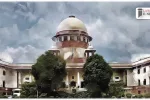Magistrate Have No Power to Modify Earlier Cognizance Order: Supreme Court Quashes Lower Court’s Order on Protest Petition:

In a significant ruling, the Supreme Court of India has set aside the judgment of the High Court in the case of Ramakant Singh & Ors. Vs. The State of Jharkhand & Anr., emphasizing the limitations of judicial authority in modifying previous orders of cognizance. The apex court’s decision, delivered by Justices Abhay S. Oka and Pankaj Mithal, underscored the procedural impropriety in entertaining protest petitions against orders taking cognizance.
The controversy stemmed from a protest petition filed against the Chief Judicial Magistrate’s order, which originally took cognizance only against one Gupteshwar Singh, based on a CID charge-sheet that found no material against the appellants. The Chief Judicial Magistrate later modified this order to include the appellants, a move that the Supreme Court found legally unsound.
In its ruling, the Supreme Court observed, “Such a course was not permissible as it was not open for the learned Chief Judicial Magistrate to entertain a protest petition against his earlier order of taking cognizance.” This statement, highlighting the crux of the legal issue, became a pivotal reference point in the judgment.
The High Court’s reliance on the Nupur Talwar vs. CBI and Anr. Case was also critically addressed. The Supreme Court noted that the High Court erred in applying the Nupur Talwar principle to a scenario where the protest petition was directed against an order of taking cognizance, thereby misinterpreting the legal framework.
This ruling clarifies the extent of judicial powers concerning cognizance and protest petitions, potentially impacting future legal proceedings in similar cases. The Court maintained the Chief Judicial Magistrate’s initial order taking cognizance against Gupteshwar Singh while setting aside the subsequent modification that included the appellants.
Date of Decision: 07 November 2023
RAMAKANT SINGH & ORS. VS THE STATE OF JHARKHAND & ANR.






